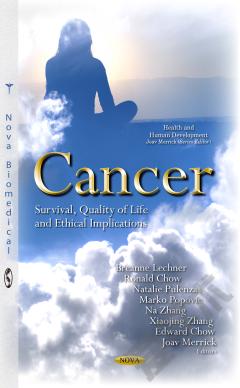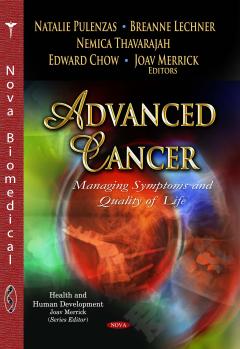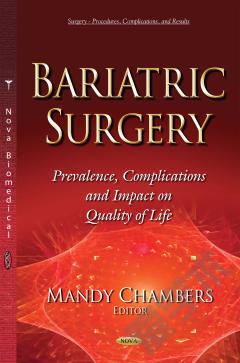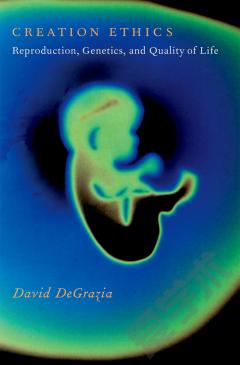Cancer: Survival, Quality of Life and Ethical Implications
Several medical options in palliative care can have complex moral, religious, cultural, medical and legal issues. These treatment options, such as assisted suicide, rehydration, parenteral nutrition and cardiopulmonary resuscitation have been heavily debated in the literature. Physician-assisted suicide is a controversial topic for debate, with growing pressure from advocacy groups for legalization in regions that have yet to decide. Currently, there is substantial opposition from concerned medical professionals. However, a school of medical professionals acknowledges that physician-assisted suicide may have a role in terminal care. The debate over the use of artificial nutrition and hydration (ANH) in terminal illness is also contentious despite extensive ethical and empirical research. Advocates for and against ANH both agree that the most compassionate and humane option for patients near the end of life is hospice and/or palliative care. However, many of those who support ANH do not seem to appreciate that the standard palliative practice is to avoid the use of ANH in almost all instances. These topics remain heavily disputed in the medical community. In formulating a satisfactory answer, we need to remind ourselves that we cannot generalize a treatment as a correct or incorrect option. Rather, we need to consider each case individually, weigh the risks and benefits of each treatment, and individually consider treatment options in a multidisciplinary care model.
{{comment.content}}








 京公网安备 11010802027623号
京公网安备 11010802027623号